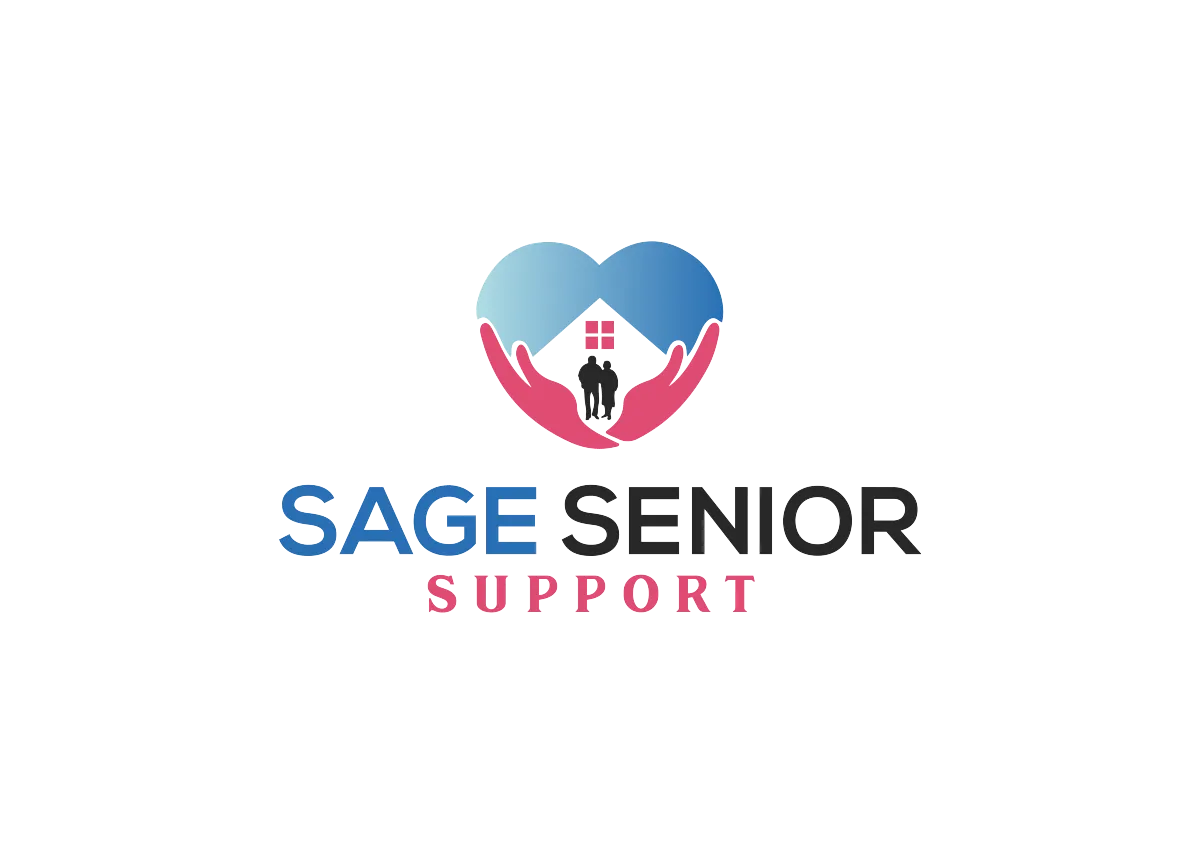Blog
COMPLIMENTARY REFERRAL SERVICE
We Help You Navigate The
Senior Living Landscape
Compare Options. Get Clarity. Save Time. Reduce Stress

Using Life Settlements to Fund Care in North Texas
Using Life Settlements to Fund Care in North Texas
Seniors in North Texas can transform unwanted life insurance policies into immediate cash through life settlements, receiving more value than policy surrender. For those 65+ with policies worth $100,000+, this regulated process provides funds for healthcare, long-term care, or retirement expenses.
Key Takeaways
Life settlements allow seniors to convert unwanted life insurance policies into immediate cash that can fund healthcare needs, long-term care, or retirement expenses in North Texas.
Policy owners typically receive several times more money through a life settlement than by surrendering their policy back to the insurance company.
Health challenges actually increase the value of your policy in a life settlement transaction, unlike when applying for new insurance.
The life settlement process is regulated, legal, and can be completed in as little as 45 days with guidance from Sage Senior Support.
Your policy may qualify if you're 65+ (or younger with health issues) and own a policy with a face value of at least $100,000.
Turn Your Life Insurance into Cash: How Life Settlements Work
Many seniors in North Texas are sitting on a valuable asset they don't even realize they have. Your life insurance policy is more than just protection for your loved ones—it's personal property that you can sell for immediate cash through a life settlement.
A life settlement allows you to sell your existing life insurance policy to a third party for more than its cash surrender value but less than the death benefit. This financial transaction, backed by a 1911 Supreme Court ruling, lets you access funds now instead of waiting for a benefit that may never be paid out. Sage Senior Support helps seniors understand how life settlements can provide financial relief when facing rising healthcare costs.
When you sell your policy through a life settlement, the buyer takes over all future premium payments and receives the death benefit when you pass away. In return, you receive a lump sum payment that can be used for any purpose, including funding healthcare needs in North Texas. Most life settlements are completed with policies owned by individuals who are 65 or older, or younger people with significant health challenges.
The most commonly sold policies are Universal Life insurance and convertible Term policies. Statistics show that 88% of universal life and 95% of term policies never actually pay a death claim—meaning many seniors are paying premiums for policies that will ultimately provide no benefit to them or their families. A life settlement transforms these policies from ongoing expenses into immediate financial resources.
The life settlement industry is well-regulated, with 43 states having specific regulations covering over 90% of the U.S. population. This regulatory framework helps ensure that sellers receive fair treatment and appropriate disclosures throughout the transaction process.
What Makes a Policy Valuable in the Life Settlement Market
Not all life insurance policies are valued equally in the life settlement market. Understanding what makes your policy attractive to buyers can help you set realistic expectations about potential offers.
1. Age and Health Status
Perhaps surprisingly, advanced age and health challenges actually work in your favor when selling a life insurance policy. While these factors would make obtaining new insurance more expensive or impossible, they make your existing policy more valuable to life settlement investors.
Why? Life settlement buyers are essentially making an investment when they purchase your policy. The sooner they'll receive the death benefit (which happens when the insured passes away), the higher return they'll see on their investment. This means individuals over 65 with health concerns typically receive higher offers than younger, healthier policyholders.
This inverse relationship to traditional insurance creates a unique opportunity for seniors facing health challenges in North Texas. What was once a financial burden (high premiums due to declining health) becomes a financial asset through a life settlement.
2. Policy Type and Size
The type and size of your policy significantly impact its value in the life settlement market. Universal Life policies are particularly well-suited for life settlements because they often become increasingly expensive to maintain as you age. Convertible Term policies can also be valuable if they can be converted to permanent insurance.
Generally, policies with a face value (death benefit) of at least $100,000 are considered for life settlements. Larger policies typically attract more buyer interest and potentially higher offers.
3. Premium Costs vs. Death Benefit
Buyers analyze the relationship between the ongoing premium costs they'll need to pay and the eventual death benefit they'll receive. Policies with lower premium-to-death-benefit ratios are more attractive investments. If your policy requires high premium payments relative to the death benefit, it may receive lower offers.
The Life Settlement Process Made Simple
The process of selling your life insurance policy through a life settlement has become streamlined over the years, with some transactions completing in as little as 45 days. Sage Senior Support helps North Texas seniors by connecting you with a local DFW life settlement agent who can help you complete this process with minimal hassle. Here's what to expect:
1. Initial Qualification
The process begins with a preliminary assessment to determine if your policy might qualify for a life settlement. Basic information about your age, health status, and policy details are evaluated. This screening helps identify policies that are likely to receive competitive offers.
2. Documentation and Underwriting
If your policy appears to qualify, you'll need to provide documentation including your policy information and medical records. The underwriting process involves a thorough review of these documents to determine your life expectancy and the policy's value to potential buyers.
Unlike applying for new insurance, the underwriting process for life settlements doesn't require new medical exams in most cases. Instead, it relies on existing medical records.
3. Receiving and Evaluating Offers
Once underwriting is complete, your policy is presented to potential buyers who make offers based on factors like your life expectancy, the policy's face value, and required premium payments. You may receive multiple offers, giving you the opportunity to accept the most favorable terms.
4. Closing the Transaction
After accepting an offer, there's a closing process that includes signing final documents and changing the policy ownership. Most states have regulations that protect sellers, including requirements for clear disclosures about the transaction.
5. Receiving Your Payment
Once the closing is complete, you'll receive your lump sum payment. The entire process from initial qualification to payment can take as little as 45 days, though complex cases may take longer.
Smart Ways to Use Life Settlement Funds for Care
Once you receive your life settlement proceeds, you have complete freedom to use the funds as you see fit. Many North Texas seniors use their life settlement funds to enhance their care and quality of life. Here are some common uses:
1. Long-Term Care Services
In-home care assistance
Assisted living facility costs
Memory care services
Skilled nursing care
2. Home Modifications
Wheelchair ramps and stairlifts
Bathroom safety modifications
Smart home technology for aging in place
First-floor living conversions
3. Healthcare Expenses
Life settlement proceeds can help cover various healthcare costs that might otherwise strain your retirement savings:
Out-of-pocket medical expenses not covered by Medicare
Prescription medications
Medical equipment and supplies
Private health insurance premiums or Medicare supplements
Specialized treatments not fully covered by insurance
4. Retirement Living Costs
Beyond direct healthcare expenses, life settlement funds can enhance your overall quality of life during retirement:
Moving to a more suitable living arrangement
Covering daily living expenses without depleting savings
Creating an emergency fund for unexpected costs
Reducing financial stress and improving well-being
Financial Implications to Consider
While life settlements offer significant benefits, there are important financial considerations to understand before proceeding. Sage Senior Support can help connect you with a local, trustworthy agent who can help you understand these aspects to make an informed decision.
1. Tax Considerations
Life settlement proceeds may have tax implications. Generally, the tax treatment follows these principles:
The amount equal to the premiums you've paid (your cost basis) is typically tax-free
Any proceeds exceeding your cost basis up to the policy's cash surrender value may be taxed as ordinary income
Amounts received above the cash surrender value are usually taxed as capital gains
For those with chronic or terminal illnesses, proceeds may qualify for more favorable tax treatment. Consult with a tax professional familiar with life settlements to understand your specific situation.
2. Impact on Government Benefits
Life settlement proceeds could affect eligibility for means-tested government programs such as Medicaid or Supplemental Security Income (SSI). The lump sum payment might temporarily disqualify you from these programs until the funds are spent down according to program rules.
If you rely on government benefits, work with a benefits counselor or elder law attorney to understand how a life settlement might affect your eligibility and to examine potential strategies to preserve benefits.
3. Loss of Death Benefit
When you sell your life insurance policy, your beneficiaries will no longer receive the death benefit. This is the fundamental trade-off of a life settlement: accessing funds now versus providing for beneficiaries later.
Before proceeding, have candid conversations with your intended beneficiaries about your financial needs and their expectations. Many find that their beneficiaries are supportive of decisions that improve their quality of life and care options.
4. Alternative Options
Before committing to a life settlement, check whether your policy offers other options that might better suit your needs:
Accelerated death benefits if you're terminally ill
Policy loans or withdrawals from permanent life insurance
Reduced paid-up insurance options
Premium payment flexibility
How to Evaluate Life Settlement Providers
Choosing the right life settlement provider is crucial for ensuring a fair, transparent process. Here are key factors to consider:
Experience and Reputation: Look for established companies with positive reviews and a track record of successful transactions. Check for complaints with your state insurance department or the Better Business Bureau.
Licensing and Compliance: Verify that the provider is properly licensed in your state. Life settlement brokers and providers must adhere to state regulations designed to protect consumers.
Transparency About Fees: Understand all fees associated with the transaction. Some providers charge high commissions that significantly reduce your proceeds. Ask for a breakdown of all costs before proceeding.
Clear Communication: Choose a provider who explains the process clearly and responds promptly to your questions. The best providers will help you understand all aspects of the transaction without pressure tactics.
Multiple Offers: Work with a provider who shops your policy to multiple buyers to ensure competitive offers. This approach typically results in higher proceeds for you.
Remember that life settlements are regulated in 43 states covering over 90% of the U.S. population, providing important consumer protections. These regulations ensure transparency and fairness in the transaction process, giving you peace of mind as you convert your policy to cash.
Convert Your Policy to Care Funding Today
A life settlement represents a practical financial tool that can transform an underperforming or unwanted life insurance policy into immediate funds for care needs. For many North Texas seniors, this option provides much-needed financial flexibility during retirement years.
Life insurance policies are personal property that can be sold just like any other asset—a right established by the U.S. Supreme Court over a century ago. By using this option, you can access funds that might otherwise remain locked until your passing, potentially after years of expensive premium payments.
Sage Senior Support specializes in helping North Texas seniors by connecting them with a trustworthy life settlement agent to fund their care needs and enhance their quality of life.
A FREE RESOURCE FOR YOU AND YOUR FAMILY
Expert Unbiased Advice
At No Cost To You
Check out this "Ask The Expert" Session with Logan Hassinger of Sage Senior Support
TESTIMONIALS
What our clients are saying
Providing The Best Holistic
Approach to Senior Transitions
By using our websites and any content you agree to the terms of use and will not hold Sage Senior Support responsible for any results or lack thereof.



Facebook
Instagram
LinkedIn
Youtube
TikTok